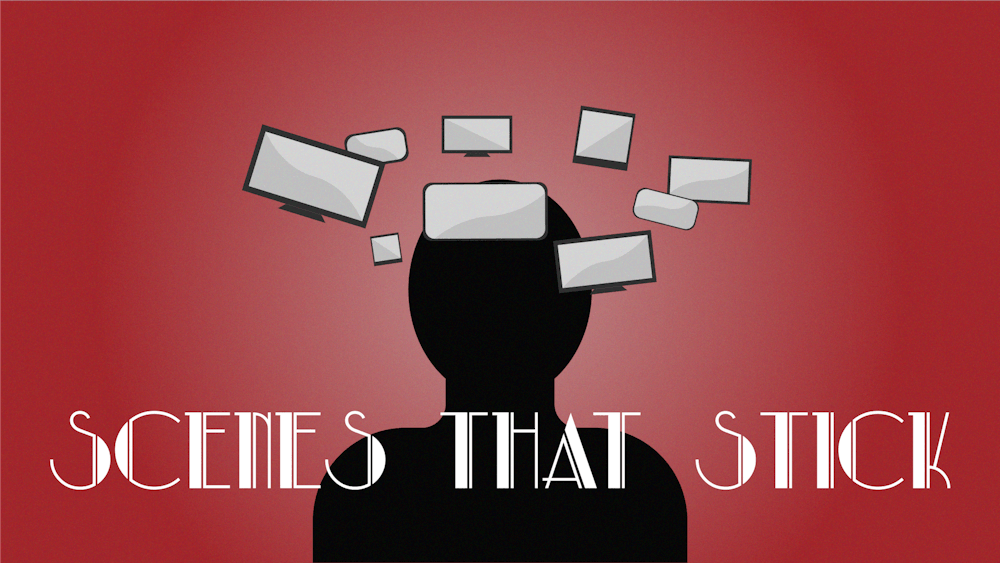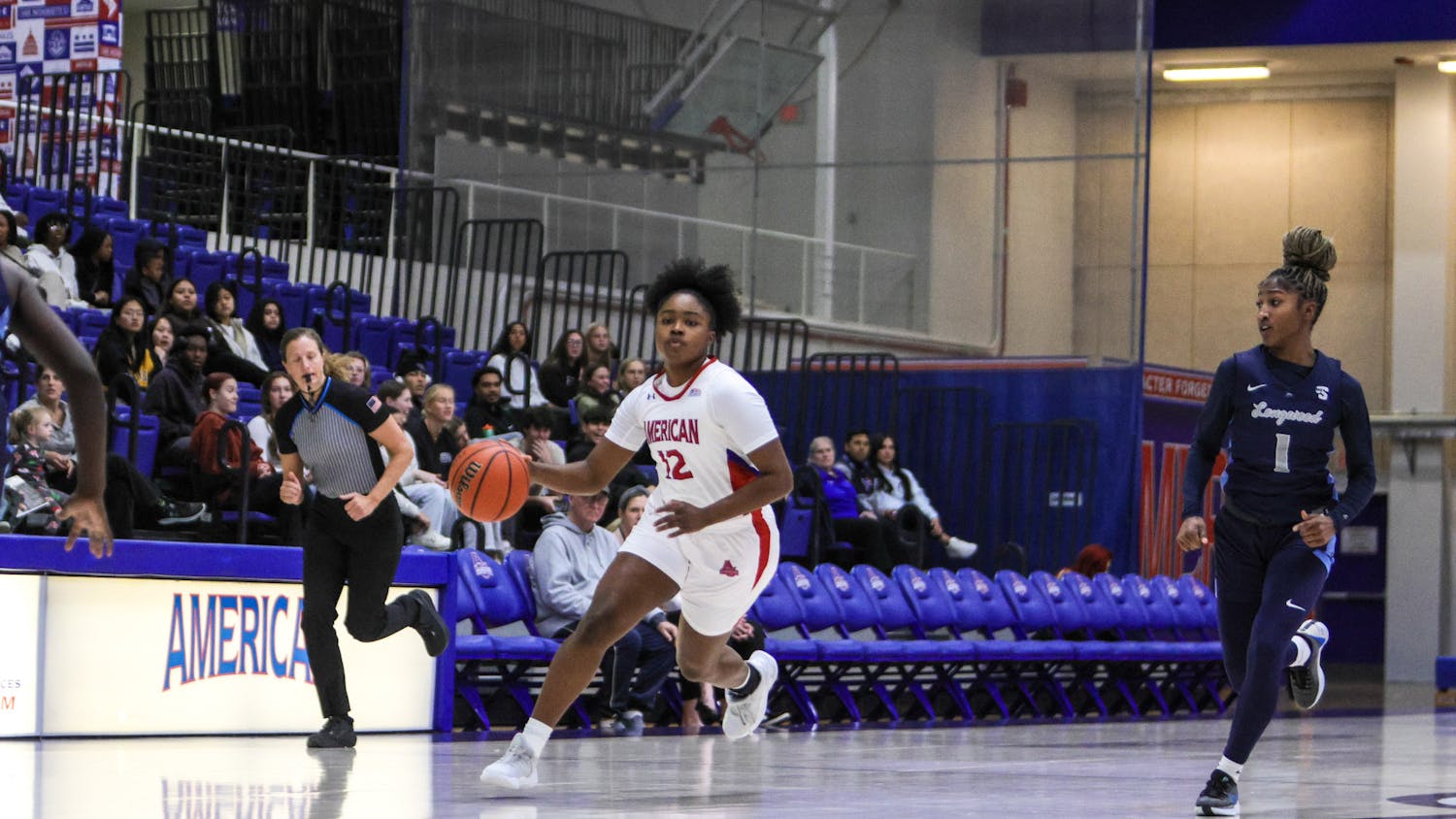Boots Riley’s debut feature “Sorry To Bother You” tackles themes of exploitation with a surrealist bent. One scene in particular marks a significant shift in the film’s tone: when the main character is offered the chance to transform into a horse.
The feature stars LaKeith Stanfield as Cassius “Cash” Green, a Black telemarketer who begins to make more sales after tapping into his ability to speak with a “white voice,” uncannily overdubbed by white actor David Cross. As Cash rises through the ranks of the firm, he learns that his clients include dubious characters involved with the military-industrial complex and slave labor.
Cash ignores any concerns he might have after seeing his starting salary. However, when he goes to the party of major telemarketing client Steve Lift (Armie Hammer), he is forced to confront the disturbing reality of the products he sells over the phone.
When trying to use the bathroom, Cash comes face-to-face with horse-human hybrids chained up. What was previously purely background dialogue is brought into frightening clarity. Cash questions Steve, who explains that Cash ran into an “Equisapien,” a genetically modified worker that Steve believes is the future of labor.
The horse-humans are viscerally terrifying, as they retain human thoughts and emotions while appearing distinct from humans. Similarly to zombies or corpses, they are in an uncanny valley — humanoid but clearly inhuman. They have been made into literal workhorses, their bodies and autonomy removed in the pursuit of efficiency.
What’s perhaps most unsettling in the scene is Steve’s nonchalant attitude. He’s calm as he explains the added benefits of developing a working class with greater physical strength and agility.
“Our scientists have discovered a way to make humans stronger,” claims a video Steve plays, “and therefore more efficient and profitable.” The language mirrors what one might hear at a corporate board meeting. The banality of the logic speaks to the rationalization of worker abuse, which can be ignored due to its distance from the consumer. Cash turned a blind eye to Steve’s business practices until they stared him right in the face.
Race heavily factors into the dynamic between Cash and Steve, which viewers see when Steve offers Cash a chance to join the horse-people. “They are gonna form their own society. They’ll probably form their own culture,” Steve says. “We need someone on the inside who represents [my company’s] needs. Someone they can relate to.” Steve views Cash as a valuable asset in relating to this new class of workers due to his talent for switching between voices.
While his white voice was key to Cash’s promotion, Steve implicitly views Cash’s Blackness as a way to “relate” to an inhuman working class.
The offer is a bridge too far for Cash, as he now grasps the full extent of damage Steve has caused. He refuses to become a horse-hybrid despite the high cash reward. He now faces the daunting task of informing the public of an issue that they seemingly choose to ignore.
The film mirrors Boots Riley’s life, drawing on his experience as a telemarketer and history of criticizing capitalism. Cash’s talent for getting people to buy things warps as a tool for exploitation, which is precisely how Riley felt about his telemarketing work.
The off-putting imagery of this scene effectively disrupts the sanitization of labor practices. If the world around us is fundamentally bizarre, surrealism becomes the most accurate depiction of reality.
This article was edited by Bailey Hobbs, Patricia McGee and Abigail Pritchard. Copy editing done by Isabelle Kravis and Charlie Mennuti.





